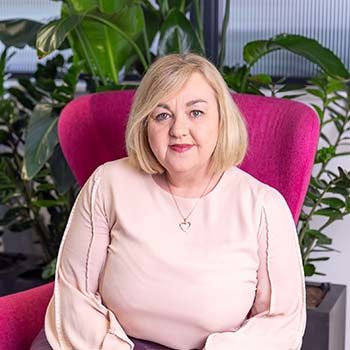Think again, you’ll thank yourself later.
Only 14% of UK adults have registered a Lasting Power of Attorney (LPA), but the numbers are on the rise. As more people recognise the importance of planning ahead, LPAs are quickly becoming an essential part of future proofing your finances and healthcare.
But what exactly is an LPA, and do you really need one if you’re still young and healthy? B P Collins’ private client team explores the benefits and why more people, including younger homeowners, are taking this essential step earlier than ever.
What is a Lasting Power of Attorney?
LPA for Health and Welfare (LPA HW) allows someone you trust, known as your attorney, to make decisions about your health and welfare which might include decisions about your daily routine, medical care and where you live in circumstances where you are unable to make such decisions yourself due to incapacity. It can also include the power for your attorneys to make life sustaining treatment decisions.
An LPA for Property and Financial Affairs (LPA PF) means that your attorney will be able to make decisions about all your property and financial matters. This can include paying your bills, collecting your income and selling your house.
You can include preferences and instructions in the documents to guide your attorneys, however it is important to be careful when drafting these, so you do not unduly restrict your attorneys.
LPAs are becoming more popular but still underused
While LPA applications are increasing steadily each year, only 14% of UK adults currently have one. That figure is slowly growing, but it highlights how many people are still unprepared.
The growing interest stems from our ageing population with more people living longer and conditions such as dementia on the rise. Post-pandemic awareness is also a key factor with COVID-19 reminding us that health emergencies can happen at any age.
Despite these trends, many still see LPAs as something only needed later in life. This is a misconception that could cause serious problems.
If you would like advice on registering a Lasting Power of Attorney, please get in touch with our private client team by email or by phone on 01753 889995.
Why should young people consider an LPA?
If you’re under 50 years old, an LPA might not seem urgent. However, if you own a property; have savings or investments; run a business or financially support your family or children, they are much needed.
If something unexpected were to happen and you couldn’t manage your affairs, your loved ones wouldn’t automatically be allowed to act on your behalf. They would have to apply to the Court of Protection, which can be a slow and expensive process.
Creating an LPA while you’re healthy ensures that someone you trust can step in quickly if the unexpected occurs.
It’s vital to not wait until it’s too late
Many people assume they can put off thinking about LPAs until later in life. However, by then, it could be too late. The registration process can take up to 8 to 10 weeks, or longer if a family member objects, and it must be completed while you have full mental capacity. Once capacity is lost, an LPA can’t be made.
If you’ve bought a property, started a family or taken on financial responsibility, it’s worth asking, “…if I couldn’t make decisions tomorrow, who would I trust to do it for me?”
More people are recognising the value of LPAs and for good reason. They’re not just for the elderly or vulnerable, they’re for anyone who wants to stay in control of their future.
LPAs are complex documents which require advice from a qualified solicitor to ensure they’re legally valid. For further advice and information, please contact B P Collins’ private client team at enquiries@bpcollins.co.uk or call 01753 889995.


















